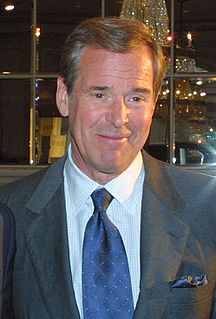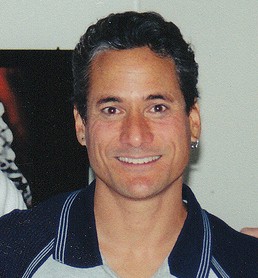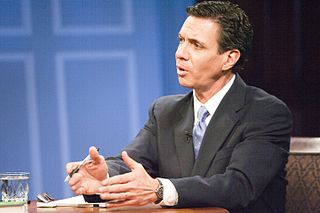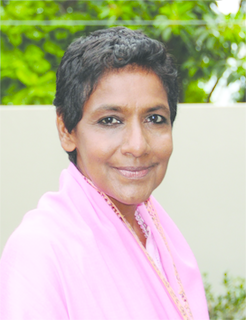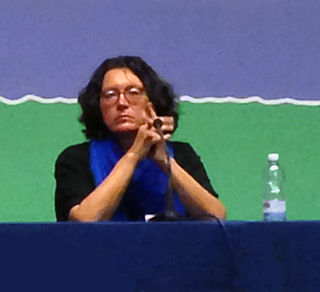A Quote by Peter Jennings
Related Quotes
Did you ever notice how many survivors they have? Did you ever notice that? Everybody - every time you turn around, 15,000 survivors meet here, 400 survivors convention there. I mean, did you ever notice? Nazis sure were inefficient, weren't they? Boy, boy, boy! ...You almost have no survivors that ever say they saw a gas chamber or saw the workings of a gas chamber...they'll say these preposterous stories that anybody can check out to be a lie, an absolute lie.
